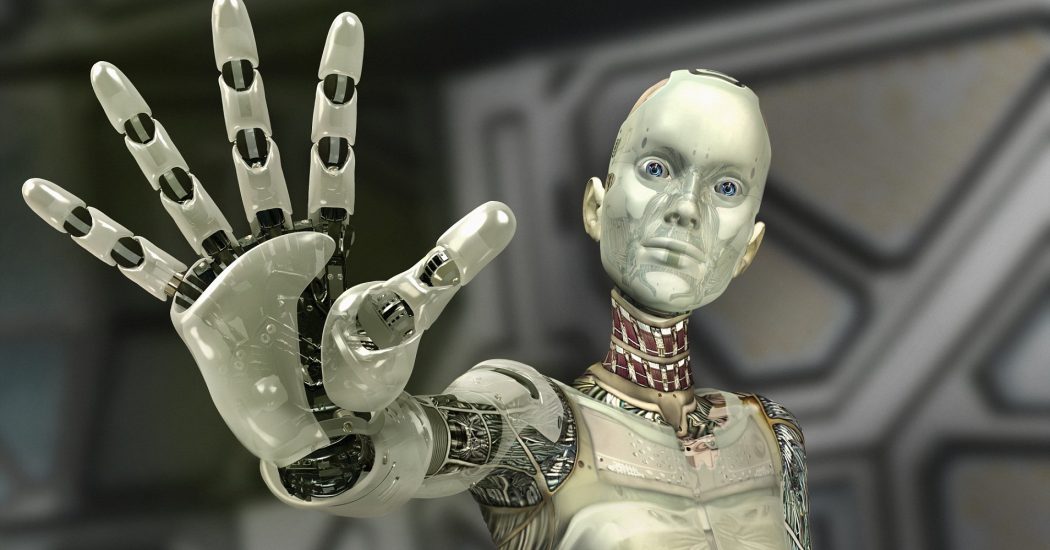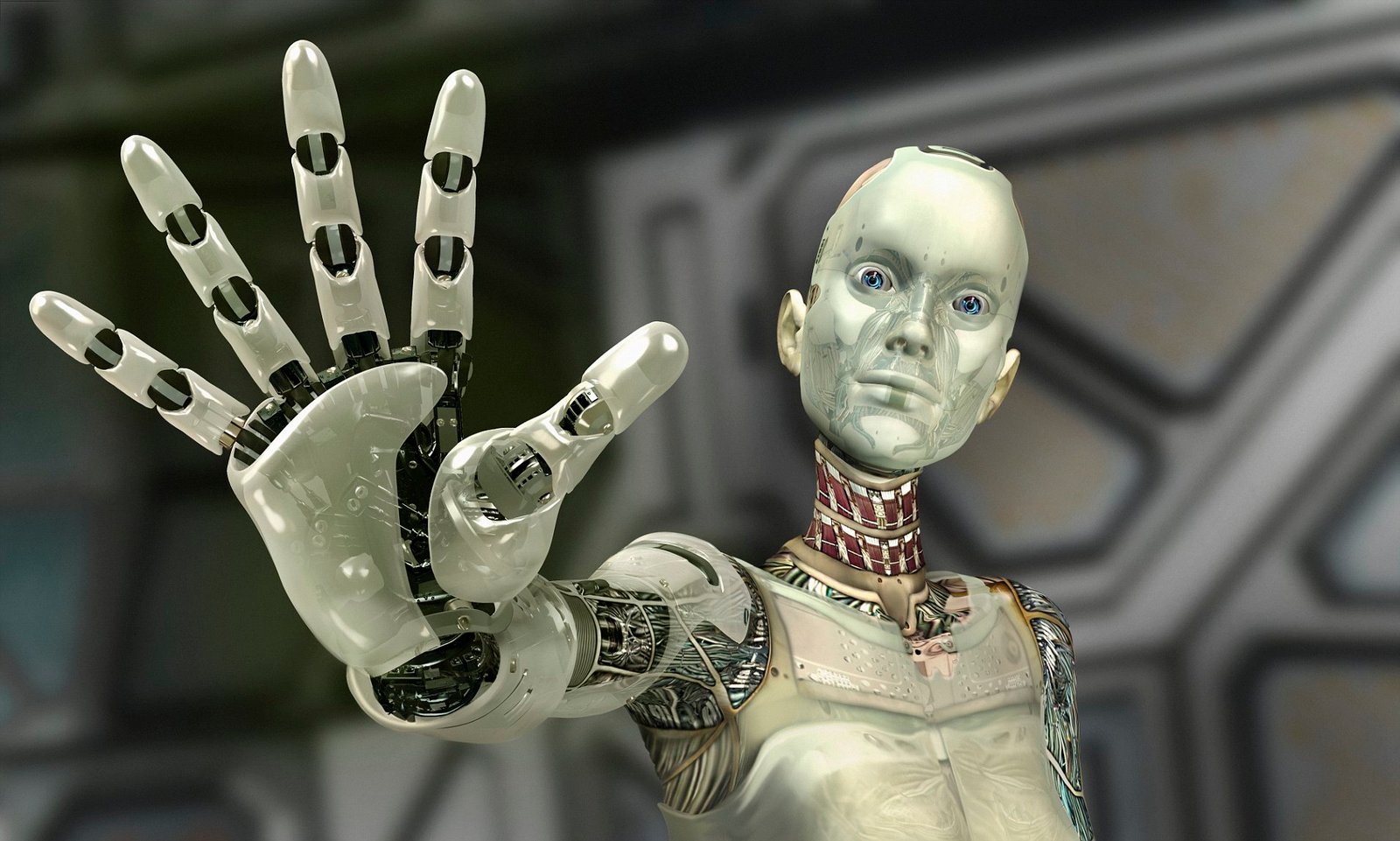
The use of AI technology is becoming increasingly common across industries, with companies now employing AI security guards to safeguard their premises. However, some individuals remain skeptical about the reliability of these robots. In this article, we will explore how the experiments of robot security are turning into reality.
Cobalt Robotics is a leading company that specializes in using artificial intelligence and robotic automation to perform mundane and important tasks in office buildings. These robots are designed to patrol the premises and perform various jobs, such as identifying suspicious activity, checking visitors and inspecting fire alarms. By using robots instead of human guards, companies can save roughly $79,000 annually, according to a report by Forrester Research.
Despite the cost-saving benefits of AI security guards, concerns remain about the ability of these robots to function safely and effectively. While some believe that robots may be better equipped to detect danger compared to human security guards or cameras, others fear that malfunctioning technology may pose a risk to public safety.
One potential advantage of using AI security guards is their ability to operate 24/7 without experiencing fatigue or distraction. Additionally, some robots are designed with a two-way communication system that enables employees to report issues directly to the bot or request human assistance if necessary.
Cobalt Robotics’ security guard is designed with fabric, giving it the appearance of high-end furniture, allowing it to blend in seamlessly with the surroundings. This type of design might be adopted by other companies to keep their security guards more incognito.
However, one of the primary concerns with AI security guards is the potential loss of jobs for human guards. Nonetheless, it can be argued that humans can be designated to do other jobs, such as fixing the AI technology if it malfunctions or dealing with an issue if an employee prefers to interact with a human rather than a robot.
Another significant concern is the possibility of these robots malfunctioning. As with any AI technology, malfunctions can occur, raising questions about the ability of these robots to prevent crime and protect individuals from harm. Until companies can ensure the reliability and safety of these AI bots, it may be prudent to exercise caution before placing full trust in them.
AI security guards are a rapidly emerging technology that offers several benefits such as cost savings, improved detection capabilities, and seamless integration with the surroundings. However, concerns remain about their reliability and safety. It is essential for companies to conduct thorough testing and ensure the technology’s effectiveness before implementing them on a large scale.
